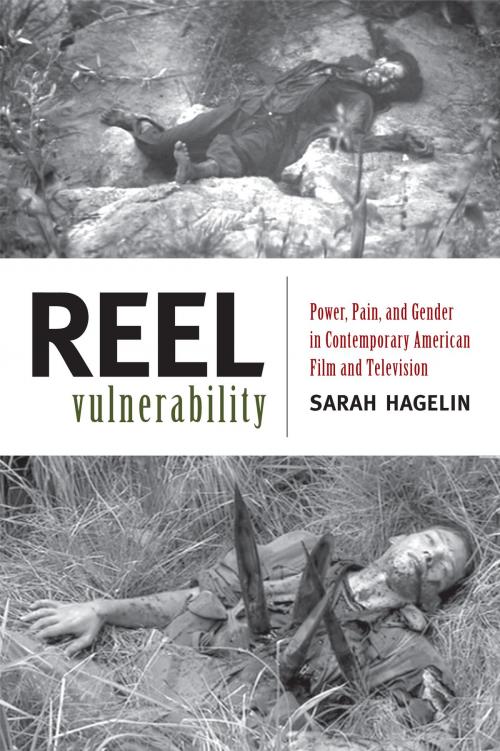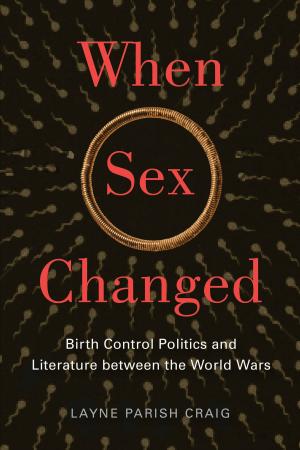Reel Vulnerability
Power, Pain, and Gender in Contemporary American Film and Television
Nonfiction, Entertainment, Film, Social & Cultural Studies, Social Science, Gender Studies| Author: | Sarah Hagelin | ISBN: | 9780813569901 |
| Publisher: | Rutgers University Press | Publication: | July 25, 2013 |
| Imprint: | Rutgers University Press | Language: | English |
| Author: | Sarah Hagelin |
| ISBN: | 9780813569901 |
| Publisher: | Rutgers University Press |
| Publication: | July 25, 2013 |
| Imprint: | Rutgers University Press |
| Language: | English |
Wonder women, G.I. Janes, and vampire slayers increasingly populate the American cultural landscape. What do these figures mean in the American cultural imagination? What can they tell us about the female body in action or in pain? Reel Vulnerability explores the way American popular culture thinks about vulnerability, arguing that our culture and our scholarship remain stubbornly invested in the myth of the helplessness of the female body.
The book examines the shifting constructions of vulnerability in the wake of the cultural upheavals of World War II, the Cold War, and 9/11, placing defenseless male bodies onscreen alongside representations of the female body in the military, in the interrogation room, and on the margins. Sarah Hagelin challenges the ways film theory and cultural studies confuse vulnerability and femaleness. Such films as G.I. Jane and Saving Private Ryan, as well as such post-9/11 television shows as Battlestar Galactica and Deadwood, present vulnerable men who demand our sympathy, abused women who don’t want our pity, and images of the body in pain that do not portray weakness.
Hagelin’s intent is to help scholarship catch up to the new iconographies emerging in theaters and in living rooms—images that offer viewers reactions to the suffering body beyond pity, identification with the bleeding body beyond masochism, and feminist images of the female body where we least expect to find them.
Wonder women, G.I. Janes, and vampire slayers increasingly populate the American cultural landscape. What do these figures mean in the American cultural imagination? What can they tell us about the female body in action or in pain? Reel Vulnerability explores the way American popular culture thinks about vulnerability, arguing that our culture and our scholarship remain stubbornly invested in the myth of the helplessness of the female body.
The book examines the shifting constructions of vulnerability in the wake of the cultural upheavals of World War II, the Cold War, and 9/11, placing defenseless male bodies onscreen alongside representations of the female body in the military, in the interrogation room, and on the margins. Sarah Hagelin challenges the ways film theory and cultural studies confuse vulnerability and femaleness. Such films as G.I. Jane and Saving Private Ryan, as well as such post-9/11 television shows as Battlestar Galactica and Deadwood, present vulnerable men who demand our sympathy, abused women who don’t want our pity, and images of the body in pain that do not portray weakness.
Hagelin’s intent is to help scholarship catch up to the new iconographies emerging in theaters and in living rooms—images that offer viewers reactions to the suffering body beyond pity, identification with the bleeding body beyond masochism, and feminist images of the female body where we least expect to find them.















